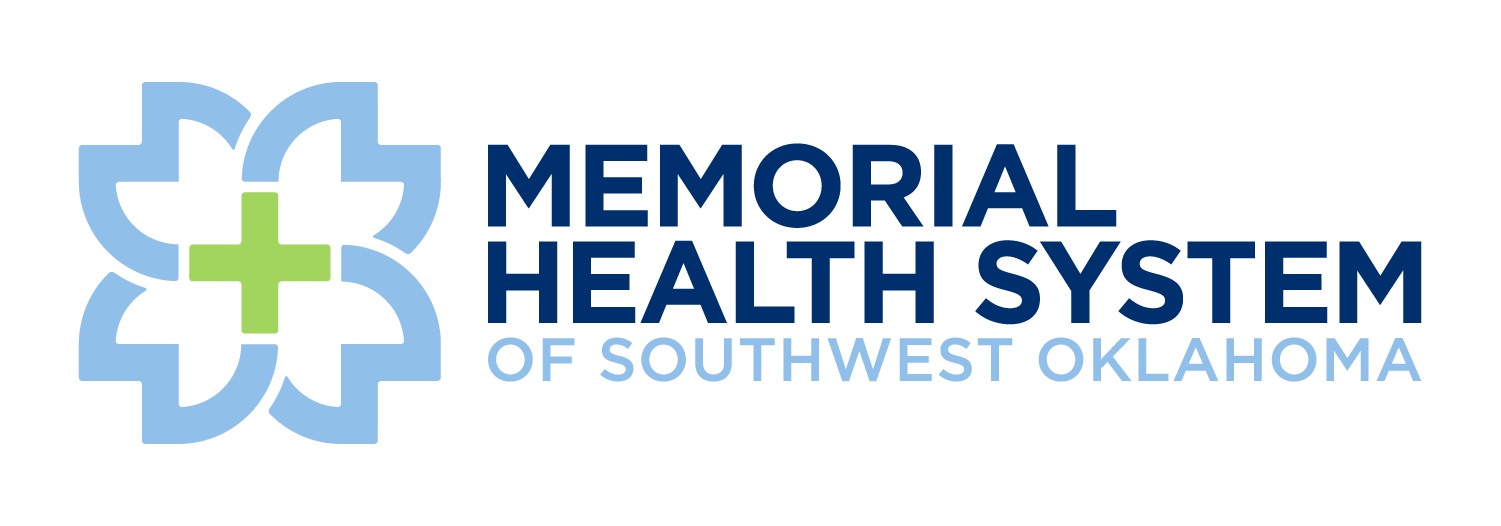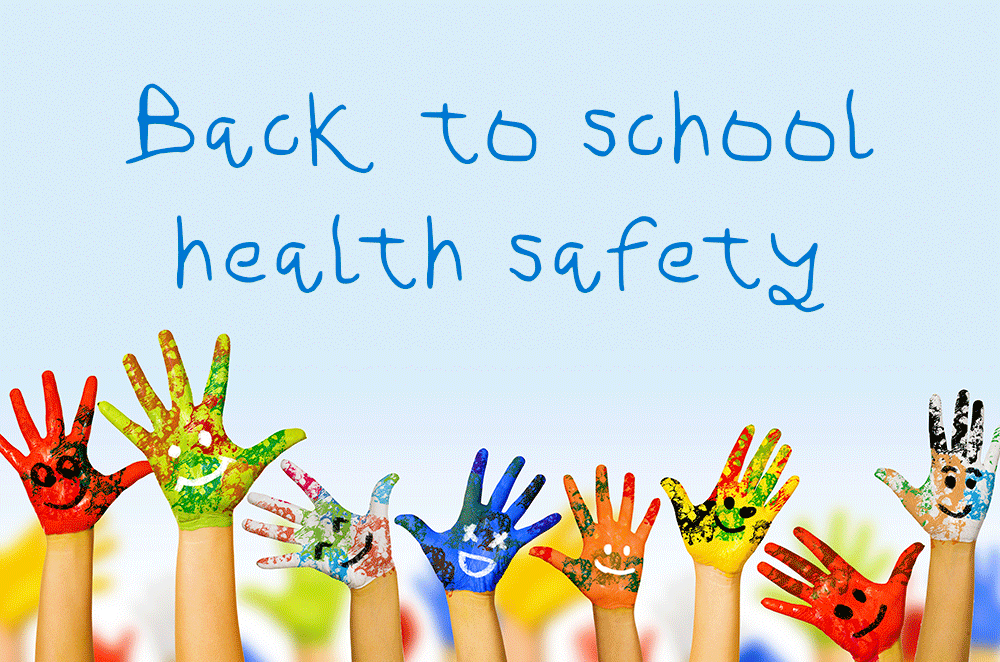[vc_row][vc_column][vc_column_text]
Children get sick more often than adults because their immune systems are not as developed. At schools and daycare centers, they are in close contact with one another, increasing the odds of sharing germs and infections. Parents can help protect children with vaccinations and by teaching – and practicing – basic good hygiene.
Vaccinate
Today’s vaccines protect against some of the oldest, most dreaded infectious diseases of childhood. Developed through intense research efforts around the globe, they provide protection that past generations of parents could only have dreamed about.
Protect Against COVID-19
Follow these everyday preventive tips to help children stay healthy both inside and outside of a classroom:
- Clean hands often using soap and water or alcohol-based hand sanitizer.
- Avoid people who are sick.
- Teach children to keep space between themselves and others.
- Children 2 years and older should wear a cloth face covering over their nose and mouth when in public settings where it’s difficult to practice social distancing.
- Clean and disinfect high-touch surfaces daily in household common areas.
- Launder items including washable plush toys as needed. If possible, launder items using the warmest appropriate water setting and dry items completely.
- Make sure your children are up to date on well-child visits and immunizations.
Protect Against the Flu
Children who get the flu can be sick for up to ten days, or even more, which means missed days of school and missed work days for caregivers.
Young children and those who have not been vaccinated against the flu may need two vaccinations to get complete protection, so starting early in the season is important.
Wash Well
Make your example the one to follow. Wash your hands regularly around your children, including after using the toilet, before eating, and when on the go in public. By doing so, you reinforce these practices for children when they are in school.
Avoid Pests and More
Teach children not to share hats, wigs, hair ribbons and ties, combs, brushes, scarves, and other attire at school. The practice can spread head lice or increase their chances of contracting the pests.
To help protect them and others against infections, teach kids not to share things like chapsticks, eating utensils, or drinking glasses. Teach them to cover their mouths when they cough or sneeze; to blow their noses into tissue; and then to wash their hands as a courtesy to others.
If you have any questions or concerns about your children and their physical health, make an appointment with their healthcare provider today! If you need a provider, please call or text Lawton Community Health Center at 580.355.5242.
[/vc_column_text][/vc_column][/vc_row]

